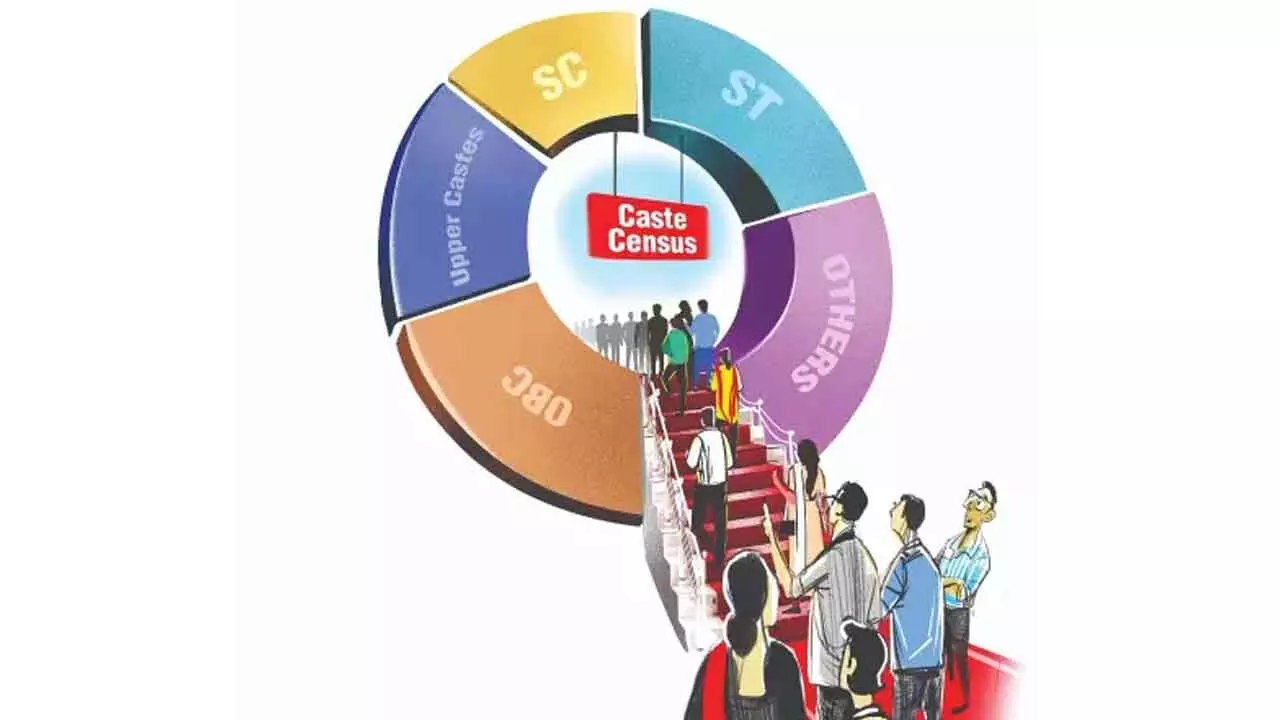728x90 - Google Ads
728x90 - Google Ads
336x280 - Google Ads
Time to strike right balance between social equity and economic progress

336x280 - Google Ads
300x600 - Google Ads
The issue of caste-based reservations keeps popping up in politics, especially in times when jobs are few and far between. One of those times is now, as quality employment opportunities have failed to keep pace with impressive economic growth. So, unsurprisingly, in Telangana and Maharashtra, quota politics is back. In the former, the government has announced its intention to introduce the Panchayat Raj (Amendment) Bill, 2025, during the monsoon session of the Legislative Assembly. The legislation will mandate 42 per cent reservations for Backward Classes in local body elections, which are round the corner. This move has been presented as a way of ensuring broader representation at the grassroots level, but it is also clearly calculated to shore up political support from communities that hold the balance in rural power structures. In Maharashtra, meanwhile, the Maratha reservation issue has returned to the forefront. Activist Manoj Jarange, who has emerged as the face of the agitation, recently launched an indefinite fast, warning the government against testing the patience of the Maratha community. This is not the first time that demands for Maratha quotas have created turmoil in the state, and unless handled with sensitivity and foresight, it is unlikely to be the last.
The principle of caste-based reservations is not inherently flawed. On the contrary, it has served an important historical purpose. Scheduled Castes and Scheduled Tribes, in particular, have benefited significantly from this policy. By opening access to education, public employment, and political representation, reservations have helped generations from these communities escape the cycle of poverty, discrimination, and social exclusion. Without them, India’s democracy and social fabric would have been much weaker. The real difficulty begins when reservations are viewed as the panacea for all of society’s ills. Quotas cannot be the answer to a shrinking job market, underemployment, or lack of access to quality education. They can provide a leg up to historically disadvantaged groups, but they do not address the structural problems of the economy. When political parties promise expanded reservations instead of focusing on creating more opportunities, they risk turning an instrument of social justice into a tool of short-term electoral gain.
What makes matters more complicated is the way in which political competition invariably shapes reservation policies. Electoral arithmetic, rather than objective social indicators, often determines who gets included and who is left out. This politicisation fuels resentment among groups that feel excluded, leading to further agitations, sometimes even violent ones. The discourse then becomes divisive, with communities pitched against one another, each demanding its share of a limited pie. Even when champions of caste-based quotas act with genuine and noble intentions, the outcome often breeds resentment in sections of society. Such discontent is perhaps inevitable, but it must remain within tolerable bounds. If allowed to grow unchecked, resentment can turn into a dangerous force—fueling divisions, eroding social harmony, and ultimately undermining the very purpose for which reservations were conceived: to promote justice, inclusivity, and equality. It is time for politicians, activists, and public intellectuals to rethink reservations, for social justice policies should not be allowed to degenerate into toxic flashpoints in public discourse. Instead, they should be framed within a larger vision—one that also includes better education, wider skill development, and faster job creation. Only then can India strike the right balance between social equity and economic progress.

